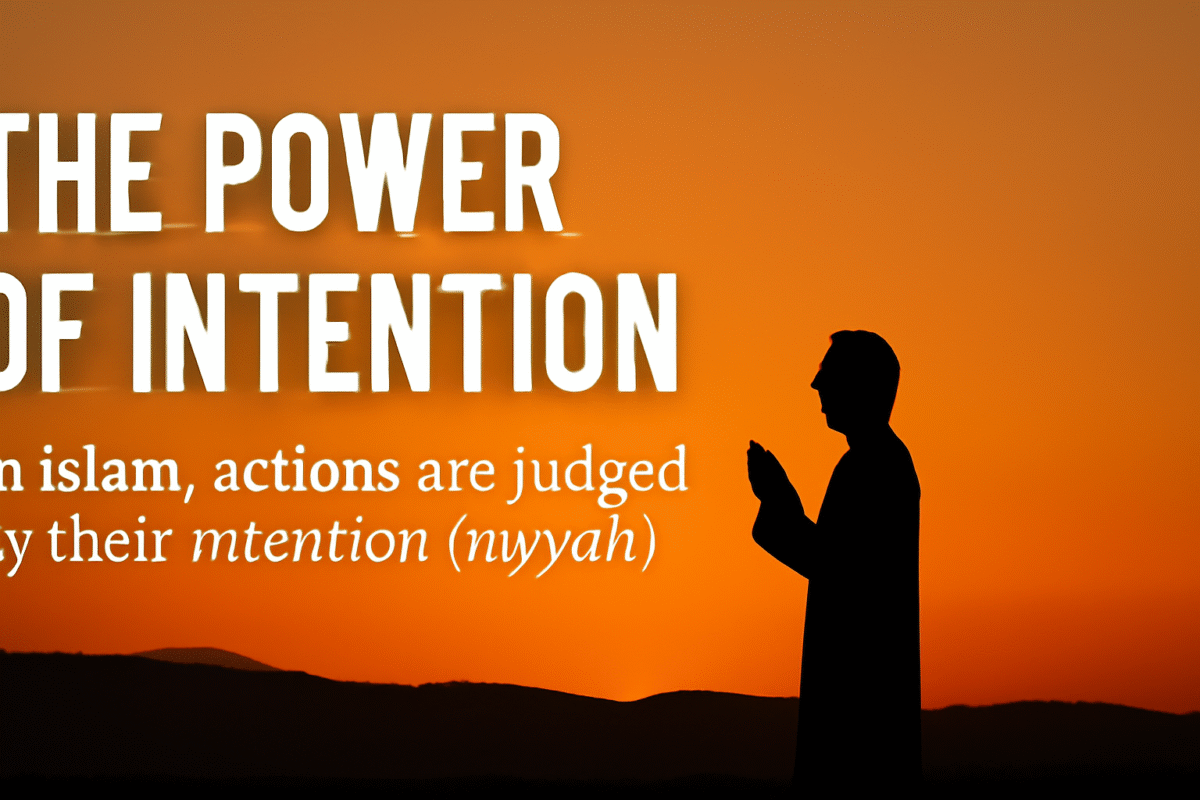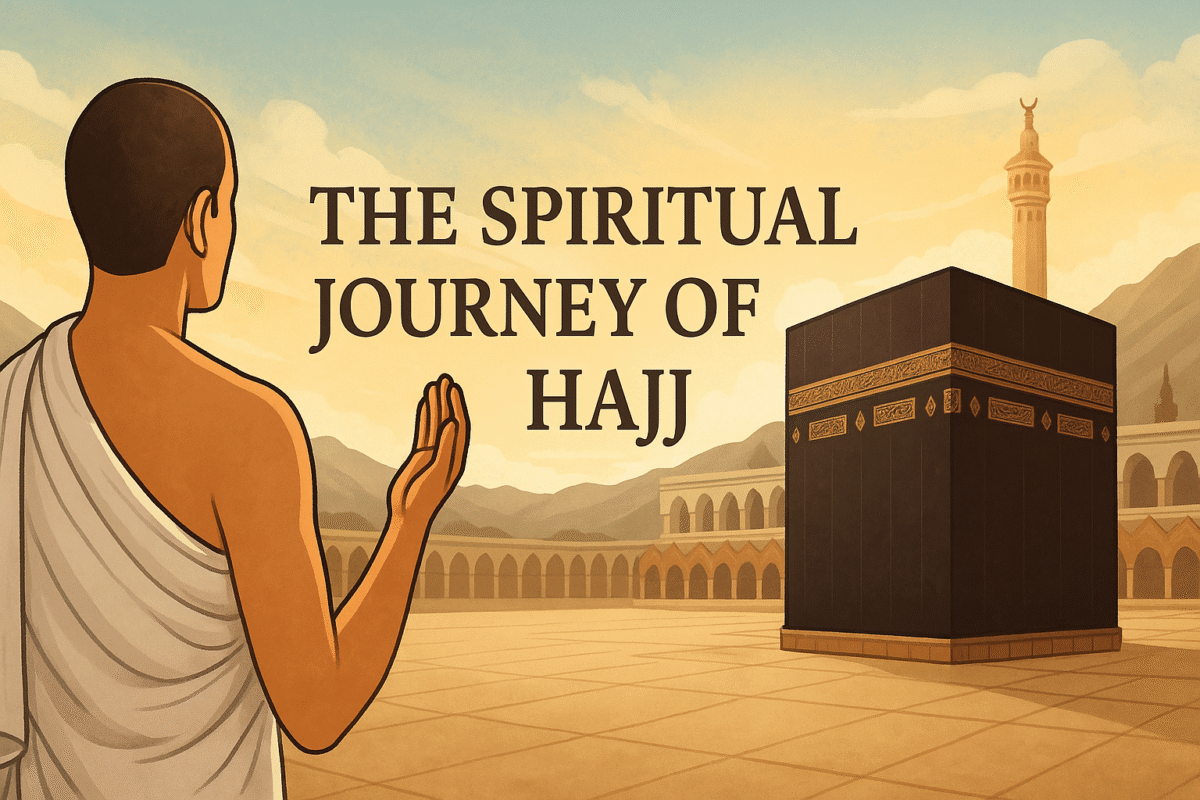The importance of Hajj in Islam goes far beyond fulfilling a religious obligation—it is a journey that symbolizes submission, humility, and purification. This sacred pilgrimage to Makkah brings Muslims from across the globe to one destination, not just physically but spiritually. Hajj is a divine opportunity to draw closer to Allah, cleanse one’s soul, and return as though newly born. However, this holy journey loses its impact when performed without knowledge, sincerity, and adherence to Islamic principles.
Understanding the True Importance of Hajj in Islam
While Hajj is a once-in-a-lifetime journey for many, millions undertake it every year without fully understanding the importance of Hajj in Islam. Many neglect essential teachings, focusing more on logistics than spiritual readiness. Sadly, even basic obligations such as regular prayer, maintaining purity, and observing modesty are ignored. Some treat the pilgrimage as a vacation or social event, forgetting that it is a sacred covenant between the servant and the Creator. You can also read about the Spiritual Journey of Hajj here.
The Holy Prophet ﷺ emphasized that a properly performed Hajj removes all sins. Yet, during Hajj, it’s common to see people engaged in idle talk, gossip, and distractions—especially during the state of Ihram, when one is expected to remain deeply connected with Allah. This disregard for spiritual discipline undermines the entire purpose of the pilgrimage.
Common Mistakes That Undermine the Importance of Hajj in Islam
Understanding the importance of Hajj in Islam also means recognizing actions that may invalidate or weaken its impact. Among the most disheartening sights is the abandonment of hijab by women—even in the sacred precincts of Haramain. Some engage in behaviors that compromise modesty, such as mixing with unrelated men, uncovering their bodies, or performing Tawaf in inappropriate attire. These acts are not just errors—they are grave sins.
Equally troubling is the lack of concern shown by male guardians. Failing to correct such behavior reflects a loss of spiritual responsibility. Moreover, some women stand among men during prayers, even though specific areas exist for them. This goes against the etiquettes of Islamic worship and should be avoided even in crowded conditions.
Conclusion
The importance of Hajj in Islam lies in its ability to purify, reconnect, and transform. When done right, Hajj is a life-changing experience that shapes a believer’s faith and conduct long after returning home. But for this transformation to occur, Muslims must approach Hajj with seriousness, knowledge, and sincerity. Let us not reduce this sacred duty to rituals alone—let our hearts, intentions, and actions reflect its true purpose. You can also explore why Hajj Is Obligatory.
Final Prayer
O Allah! Help us grasp the importance of Hajj in Islam, guide us to perform it in accordance with the Sunnah, and shield us from all forms of sin during this sacred journey. Make our Hajj Mabrur, bless us with sincere intention, modesty, and righteous deeds. Grant our women humility, our men protective dignity, and unite us all upon the truth. Forgive our faults and make us heirs to Your eternal pleasure and Paradise. Ameen, Ya Rabb al-‘Alameen.
FAQs
What are common mistakes pilgrims make during Hajj?
Common mistakes include neglecting prayers, engaging in idle talk during Ihram, and ignoring hijab and modesty rules, which weaken the Hajj experience.
How can I prepare spiritually for Hajj?
Study the rituals, purify your intention, perform sincere repentance, and focus on avoiding sins to achieve the full spiritual benefits of Hajj.
Is Hajj accepted if prayers are missed?
Missing obligatory prayers without a valid reason can affect the acceptance of Hajj. Upholding all pillars of Islam is crucial during pilgrimage.



